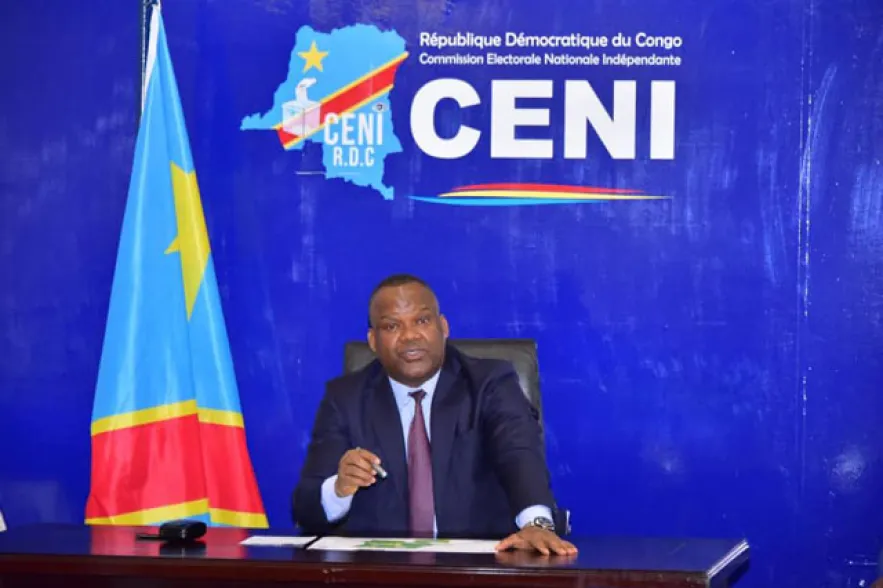
The Congolese election commission, CENI, has nullified the votes of 82 out of 101,000 candidates who participated in the December legislative and local elections.
The reason for this drastic action was their alleged involvement in fraudulent activities and other issues that marred the general election.
The disqualified candidates were vying for positions in the national, provincial, and municipal assemblies. The results of these elections are yet to be announced, adding to the chaotic aftermath of the December 20 poll.
This situation poses a threat to the stability of the Democratic Republic of Congo, a leading cobalt producer and the second-largest country in Africa.
In a statement released late on Friday, the CENI did not comment on the presidential election that occurred concurrently. This election resulted in a resounding victory for President Felix Tshisekedi last Sunday.
However, the opposition has challenged the outcome due to numerous electoral irregularities identified by their monitors and independent observers.
Following the elections, the commission initiated an investigation into “acts of violence, vandalism and sabotage perpetrated by certain ill-intentioned candidates against voters, their staff, their assets and electoral materials.” The investigation resulted in the disqualification of the 82 legislative candidates and the complete cancellation of elections at all levels in two of the 484 constituencies. An additional 16 constituencies had already been excluded from the election due to local security concerns.
Among the 82 disqualified individuals were four acting provincial governors and three government ministers.
The CENI’s actions are unlikely to placate the opposition, many of whom accuse the commission of bias towards Tshisekedi and dismiss its assertion that instances of fraud and other misconduct were isolated and perpetrated by a handful of rogue actors.
The primary opposition presidential candidates have urged their supporters to protest.
Electoral disputes often incite unrest in Congo, a country whose progress has been hindered by decades of authoritarian rule, corruption, and an ongoing security crisis in the eastern provinces.
Despite the irregularities, which included polling stations not opening on election day, violent incidents, malfunctioning voting machines, and other setbacks that necessitated an unplanned extension of voting, the CENI and the government maintain that the recent election was free and fair. The legal basis for the extension of voting has been questioned by the main observer mission.
Tresor Kibangula, a political analyst at Congo’s Ebuteli research institute, questioned how the irregularities acknowledged by the CENI in its recent statement did not also impact the presidential election, “especially considering that all these ballots were conducted on the same day with the same electronic voting device.”
He posed the question over the phone, “Whether the extent of Tshisekedi’s proclaimed victory was distorted by these irregularities that were apparently widespread throughout the country.”
(Reuter)


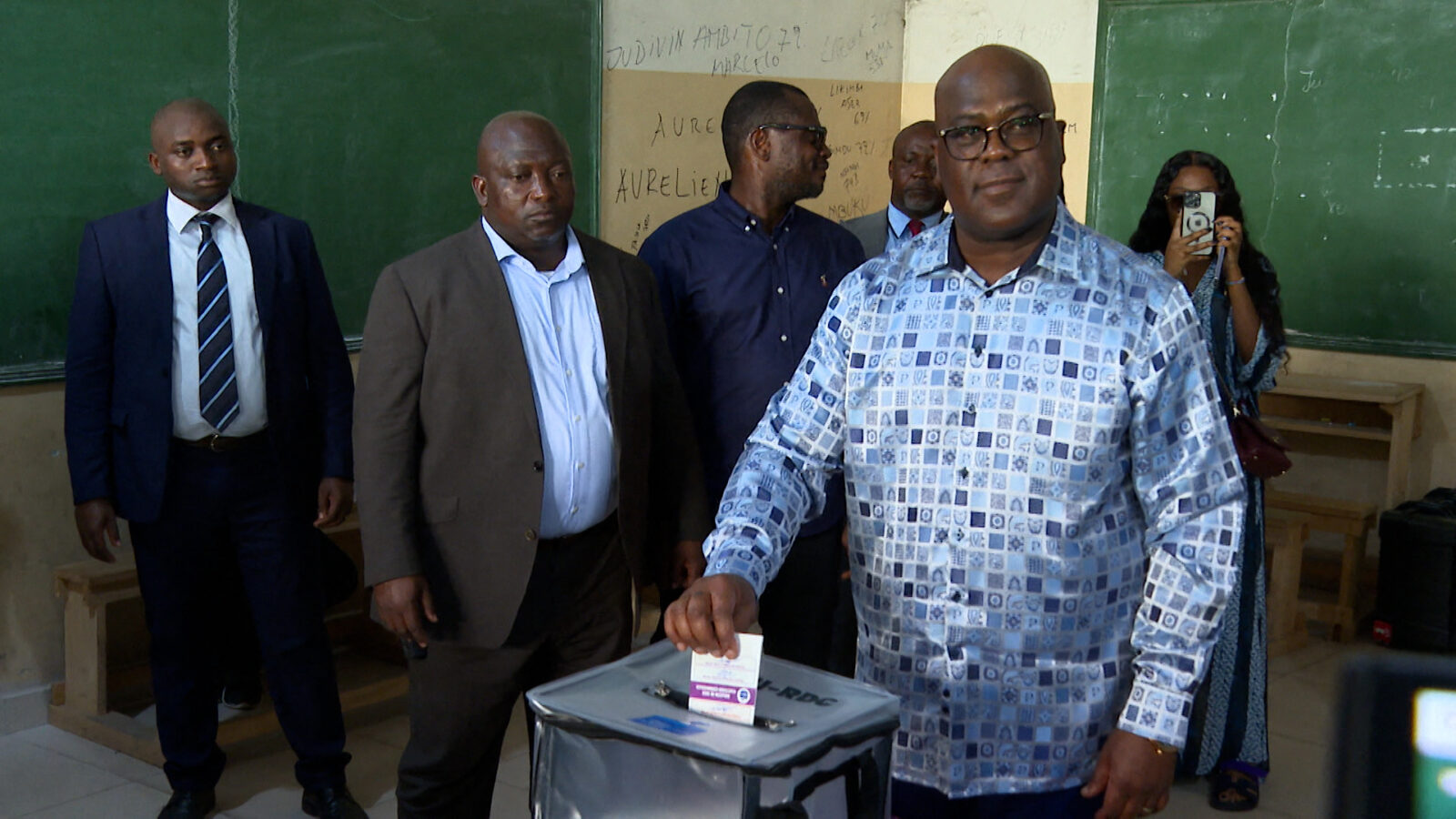
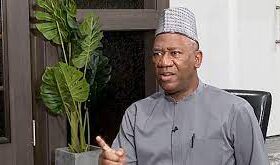
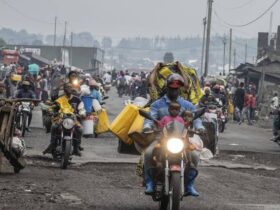
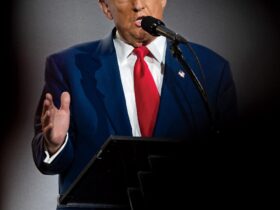
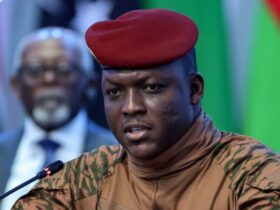
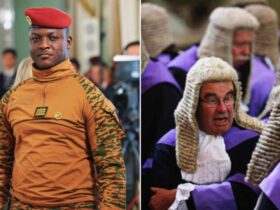
Leave a Reply